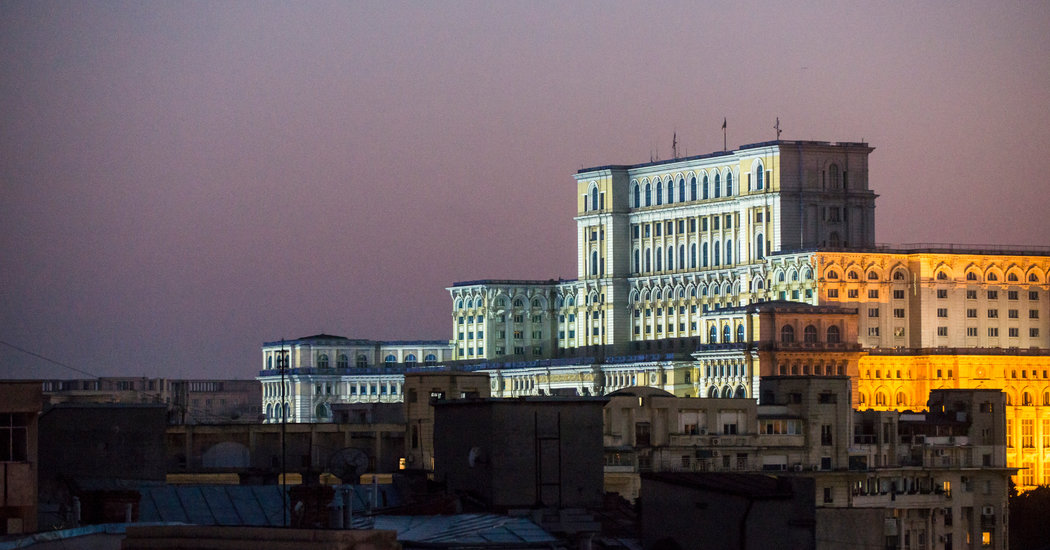
Iancu was “lucky.” His train traveled for only eight hours, but it was hellish enough. To avoid falling and being crushed or suffocated, one survivor said, he made benches of dead bodies and sat on them. One hundred and thirty-seven people were crammed into Iancu’s car. “The main thing,” Iancu told us, “was not to exert yourself. Many exhausted themselves, crying, cursing, asking for water. When there were only 25 left alive, I knew my turn was coming, but I had no fear. I said to myself, I have to get out of this train car, I have to get out.” He, and only seven others, did.
After the train, Iancu was held in a local concentration camp, then worked through the war as a slave laborer. (Although Romanian soldiers murdered tens of thousands of Jews in territories they occupied, Jews in Romania itself did not face mass deportations to death camps.) When the war was over, Iancu studied agronomy.
He treated us to a meal one afternoon at a pretty lakeside restaurant in Bucharest’s Herastrau Park. He told us that he lectured about his Holocaust experience several times a year in schools. One student asked him, “Where was God?” Iancu replied, “God was on vacation.”
Now, he ordered a bottle of excellent Romanian red, and we toasted, four Zuckermans and Motti and Maria. The park is lovely. An excursion boat passed on the lake. Iancu took another sip of the wine, Maria by his side. “It is better to be here,” he observed, “than in a mass grave in Iasi.”
The next morning we flew to Iasi. The city is a cultural center with a symphony orchestra, a national theater and a university district flush with parks and cafes. But we arrived with Iancu’s story fresh in our minds, and it didn’t help that a taxi driver, asked to take us to Iasi’s Great Synagogue, professed ignorance of its existence. Recently restored, the elegant synagogue sits in a parklike setting (“Romanian-Israeli Friendship Square”) easily visible from a major intersection. But the driver said he’d never heard of it. Were we sure we didn’t want to go to a church, he asked. “Biserica?” “No,” said Motti, “Sinagoga, Evrei [Jewish].” “Biserica?,” asked the driver.






